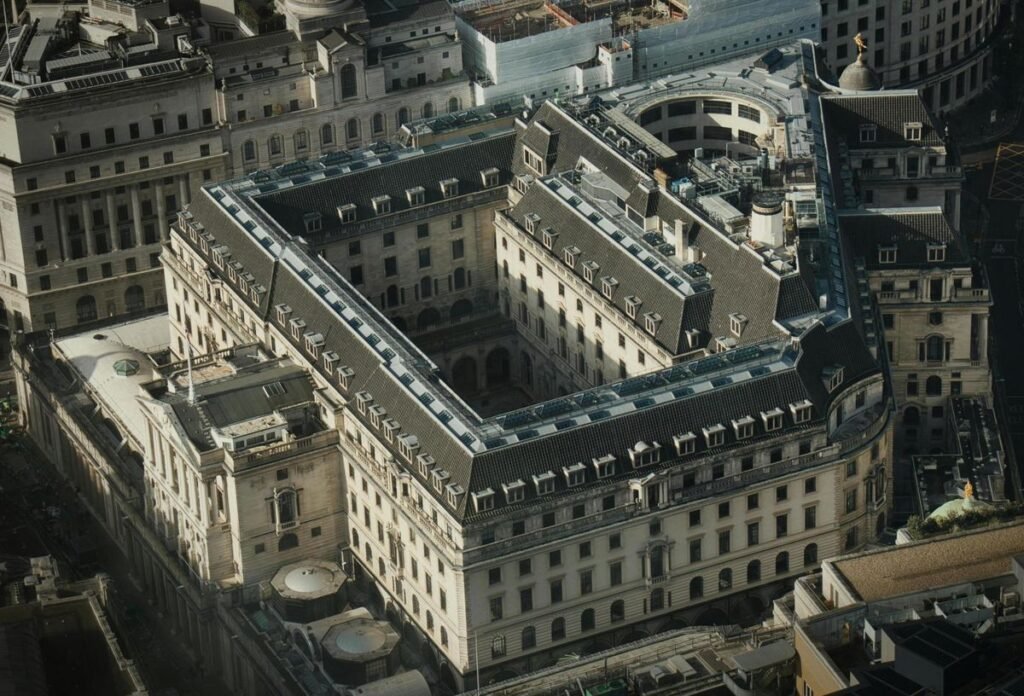
The Bank of England
The Bank of England cut interest rates to the lowest level in more than two years on Thursday, but the chance of further reductions in the months to come is weaker than it was before the decision.
The Monetary Policy Committee lowered its base rate by 25 basis points to 4%, down from a high of 5.25% in July 2024.
But the split of votes among the nine members of the committee was closer than had been expected in favour of an August cut. Speaking after the decision, BoE Governor Andrew Bailey said that the prospect for rates going forward has become more uncertain.
The FTSE 350 UK Real Estate Index dropped by 1.4% on Thursday, compared with a 0.6% drop in the broader FTSE 350 Index, with financial markets pricing in less chance of further cuts in the rest of this year and beyond. The real estate index is up 5% this year.
The value of real estate, investment volumes and new development levels are closely tied to interest rates, and slower rate cuts will likely lead to less activity in the sector.
Inflation remains much higher than the BoE’s 2% target, and Thursday it raised its inflation forecast. Price rises will peak at 4% in September, it said, as opposed to the previous expectation of a 3.7% peak. Higher-than-expected food inflation is the biggest cause.
The BoE has cut rates once a quarter since the middle of last year, and financial markets are still pricing in a fourth-quarter cut, but in December rather than November.
UK 10-year government bond yields rose by 10 basis points to 4.55% on Thursday. That is the financial benchmark against which UK property loans are typically priced.
As rates drop, it becomes more and more beneficial to use debt to buy property assets. Average UK office yields are just shy of 6%, retail yields are just above 6%, industrial yields 5% and multifamily yields 4.5%, data from CBRE and UBS Asset Management showed.
Even though residential yields offer essentially no gap compared to 10-year gilt yields, investors are putting big money into the sector because of the prospect of rental growth. Morgan Stanley Real Estate Investing is in talks to buy a £1.1B portfolio of London and south east build-to-rent assets from L&Q, for instance.

